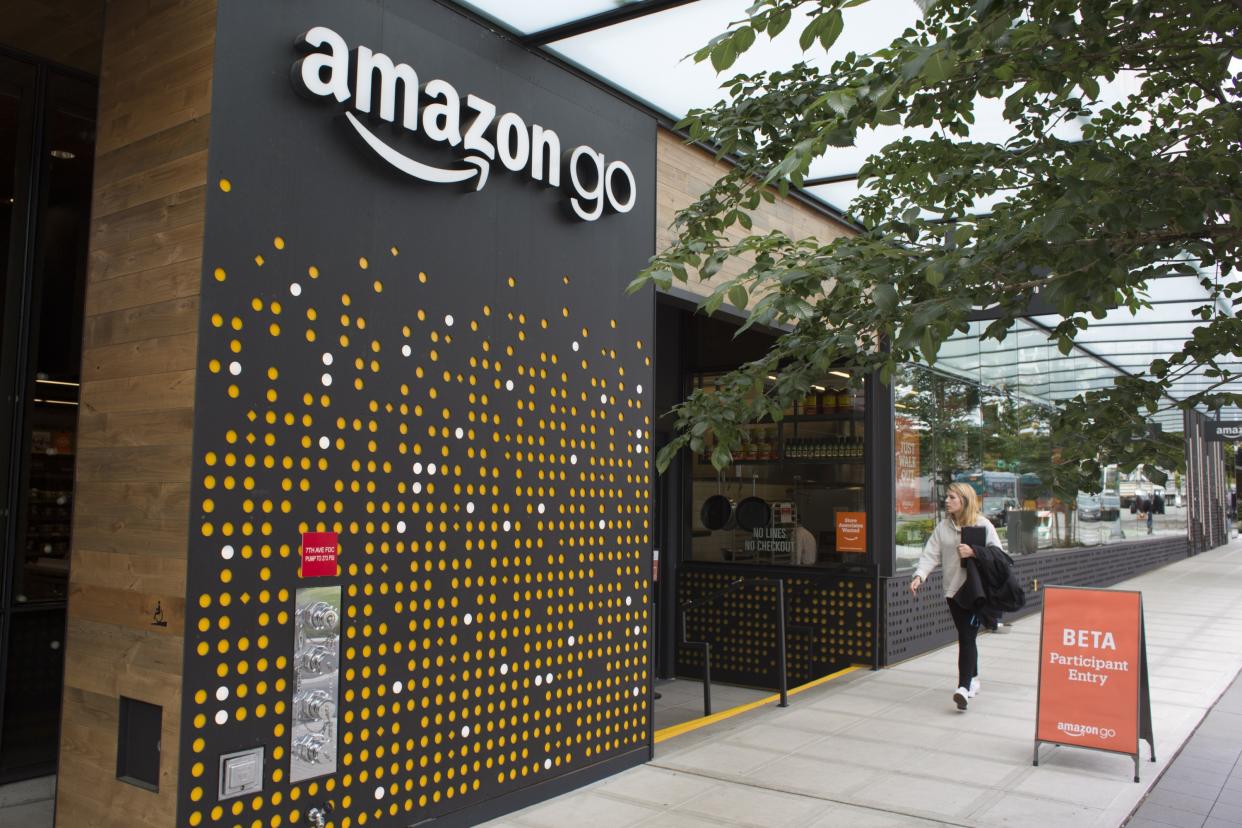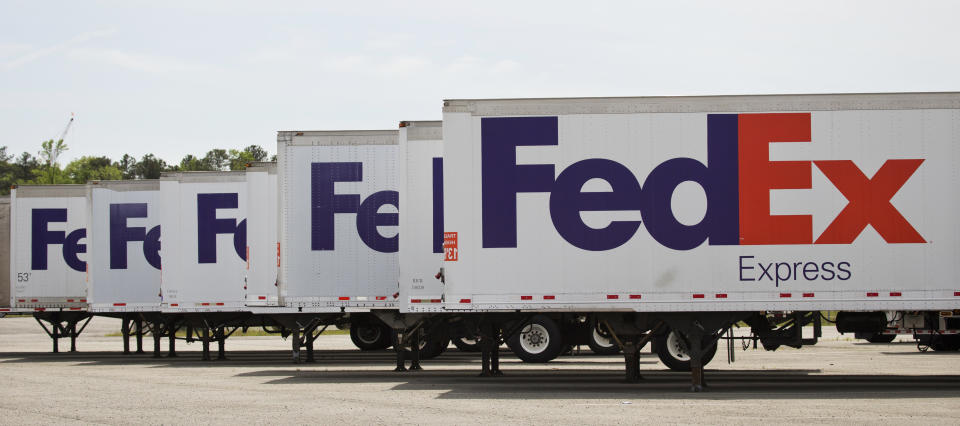FedEx CEO: I doubt e-commerce will ever dominate retail

Amazon (AMZN) may be disrupting retail amid the “e-commerce revolution”, but FedEx (FDX) CEO Fred Smith says the transformation may not be as disruptive as many investors think.
“E-commerce is not going to eliminate the retailing sector of the country. It’s about 10% now. It’s certainly going to grow as a percentage. But will it be half? I doubt it,” Smith said in the company’s first quarter earnings conference call Tuesday.
In fact, he said the evolution of the business is more complicated and counterintuitive than many think.
“I think you’re going to see e-tailers become more brick-and-mortar. And I think you’re going to see brick-and-mortar become more e-tailers,” Smith said. “You have to be flexible and nimble to be able to deal with the market as it evolves, because you’re not going to be able to predict exactly how it’s going to evolve, that I can promise you.”

Smith said he doesn’t see the Amazon purchase of Whole Foods being as transformative or disruptive because of the difficulty in delivery in the category.
“I think you see the purchase of Amazon of Whole Foods… they want to be in the grocery business. Groceries are heavy, hard to handle, people like to come and see the produce and so forth,” Smith said. “I’ve been in the grocery business twice… and I have to tell you, it’s one of the toughest businesses in the world with very low margins and very, very good competitors.”
After all, he explained when it comes to local and residential deliveries, costs are higher.
“My guess is that everybody that’s in the e-commerce business is seeking to develop greater route densities one way or another,” Smith said on the conference call. “I think at the end of the day, all of this is going to rationalize itself over the next few years.”
Nicole Sinclair is markets correspondent at Yahoo Finance
Please also see:
Two reasons why the dollar keeps tumbling
Expert: Breached Equifax data may have been used in fraud
15% of big US chain restaurant locations were in hurricane-exposed areas
How Apple can prevent the iPhone from going the way of the PC
DACA repeal will conservatively hit GDP by $105 billion over five years, Mark Zandi says


